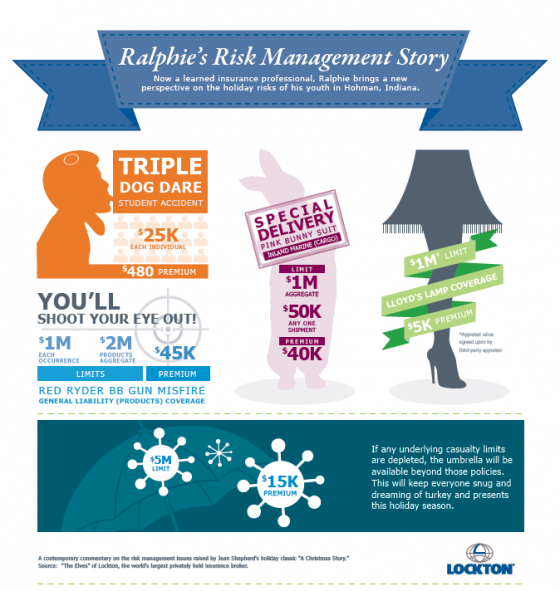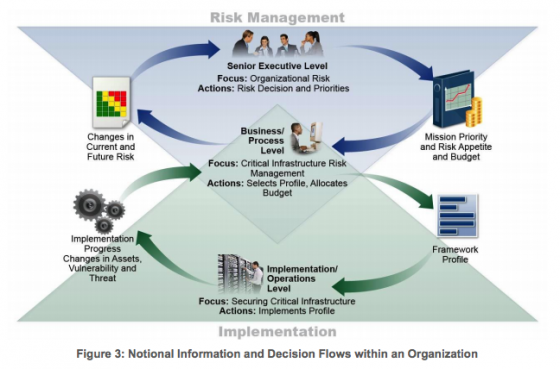
Because of the significant financial impact of the Sept. 11, 2001 terrorist attacks, Congress created the Federal Terrorism Risk Insurance Act (TRIA). Its purpose is to provide a financial backstop to the insurance industry that would cap losses in the event of another large-scale terrorist event. TRIA was initially set to expire at the end of 2005, but it has been extended twice and is now set to expire Dec. 31, 2014.
When most people think of TRIA, they think of property insurance. Without TRIA, many high-profile properties would be difficult to insure in the commercial marketplace. However, TRIA also plays an important role in workers’ compensation coverage, and its pending expiration is already impacting some renewals.
Workers’ compensation insurers are particularly concerned about large accumulations of employees in small areas, also known as employee concentrations.
online pharmacy
clomiphene with best prices today in the USA
When carriers model employee accumulations, they not only look at a single employer’s concentrations, but also their aggregate accumulation exposure for all their policyholders in a particular zip code or city and in some cases across multiple correlated lines of business. Because workers’ compensation underwriters are required to provide terrorism coverage by law, the only way to limit their exposure is to reduce the amount of capacity they offer.
If TRIA is allowed to expire or is modified significantly, employers in certain cities and industries with large employee concentrations will likely experience capacity shortages.
In fact, the uncertainty around TRIA’s reauthorization is already leading some workers’ compensation carriers to decline or non-renew risks in certain geographical areas, or ask for large rate increases.
online pharmacy
prevacid with best prices today in the USA
The healthcare, public entity, higher education, and financial sectors are particularly affected by employee concentration issues at the moment.
To mitigate the impact of TRIA’s uncertainty, employers should differentiate their risk. Since both insurers and reinsurers use catastrophic models to estimate their loss potentials, it is critical that employers provide the highest quality of exposure data to help distinguish their risk profiles from their peers.
Additionally, companies with multiple shifts or those that operate in a campus setting should make sure to report both the total number of employees and the number of employees working during peak shifts—as well as the actual buildings where the employees are located. The number of employees working during peak shifts is the actual exposure to a terrorist event, not the total number of employees.
online pharmacy
phenergan with best prices today in the USA
Also, companies with a large percentage of their workforce in the field or telecommuting, rather than in the office where their payroll is assigned, should give this information to insurers. Providing very detailed information can help overcome some potential pitfalls of the catastrophic models and better reflect an employer’s exposure to catastrophic losses.
Employers with a large concentration of workers, especially those in major metropolitan areas, should be prepared to provide the following information to underwriters:
- Employee marital or dependency status, including dates of birth for dependents.
- Employee telecommuting/hospitality practices and impact on concentration.
- Physical security of the building, including information about guards, surveillance cameras, parking areas, and HVAC protections.
- How access to the building is controlled.
- Construction of the building and location of the offices.
- Management policies around workplace violence, weapons, and employment screening.
- Employee security procedures.
- Emergency response/crisis management plans and procedures.
- Fire/life safety program.
- A list of security staff.
As we move into 2014 without Congressional action on TRIA, the reaction of the marketplace is expected to become more pronounced. It is imperative that employers prepare to address the concentration issues with their carriers. This will help lessen the impact of these concerns and position employers to receive optimal terms on their risk management programs.





